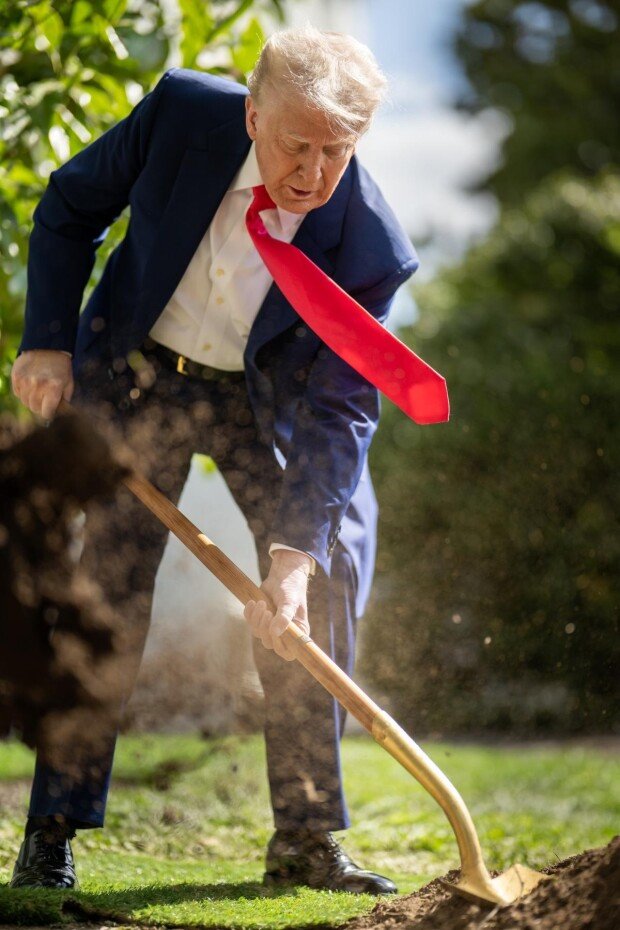U.S. imposes tariffs on 57 nations, escalating global trade tensions
U.S. imposes tariffs on 57 nations, escalating global trade tensions
Posted April. 10, 2025 07:32,
Updated April. 10, 2025 07:32

The United States on Wednesday imposed reciprocal tariffs on 57 countries, including South Korea, in a sweeping trade action that rattled global financial markets and deepened tensions with China.
A 104% tariff on Chinese goods — the highest in 116 years — sent shockwaves through Asian stock markets. South Korea’s benchmark KOSPI index plunged to its lowest level since the 2009 global financial crisis. Economists warned the measures could trigger a broader U.S.-China trade conflict with repercussions rivaling the 2008 financial crash.
At 1:01 p.m. Korean Standard Time on April 9, the U.S. government imposed a 15% country-specific tariff on South Korean exports. Combined with an existing 10% baseline tariff, the total now stands at 25%.
The KOSPI, already volatile in morning trading, dropped sharply after the announcement, closing down 1.74% at 2,293.70. It was the index’s first close below the 2,300 mark since Oct. 31, 2023, when it ended at 2,273.97.
The fallout extended across regional markets. Japan’s Nikkei 225, which had surged 6% the previous day on optimism over tariff negotiations, reversed course and fell 3.93%. Taiwan’s benchmark index also slumped more than 5%.
Currency markets reacted sharply as well. The U.S. dollar–South Korean won exchange rate rose 0.74%, or 10.9 won, closing at 1,484.1 won. The rate breached the psychological threshold of 1,470 won, marking the highest closing value since March 12, 2009, when it reached 1,496.5 won. Analysts attributed the shift to rising investor risk aversion following the U.S. tariff announcement.
Asian markets appeared to bear the brunt of what some analysts described as an impending “economic nuclear war,” as trade tensions between Washington and Beijing intensified.
On April 8, President Donald Trump defended the measures during a National Republican Congressional Committee event at the National Building Museum in Washington.
“People say 104% is ridiculous, but China imposes tariffs of 100%, even 125%, on many American products,” Trump said.
His remarks followed a controversial statement by Vice President J.D. Vance during a Fox News interview, in which he said: “We borrow money from Chinese peasants to buy the things those Chinese peasants manufacture.” The comment drew swift condemnation from Chinese officials and added fuel to the growing diplomatic row.
Experts warned that if left unchecked, the escalating conflict could deal a blow to the global economy on par with the 2008 crisis. While the White House maintains the tariffs are a necessary response to unfair trade practices, critics argue the move could backfire — increasing consumer prices and straining diplomatic ties across Asia.
이동훈 기자 dhlee@donga.com





![연금 개시 가능해지면 年 1만 원은 꼭 인출하세요[은퇴 레시피]](https://dimg.donga.com/c/138/175/90/1/wps/NEWS/IMAGE/2026/02/20/133390850.4.jpg)
![취권하는 중국 로봇, ‘쇼’인 줄 알았더니 ‘데이터 스펀지’였다?[딥다이브]](https://dimg.donga.com/c/138/175/90/1/wps/NEWS/IMAGE/2026/02/20/133391101.1.png)
